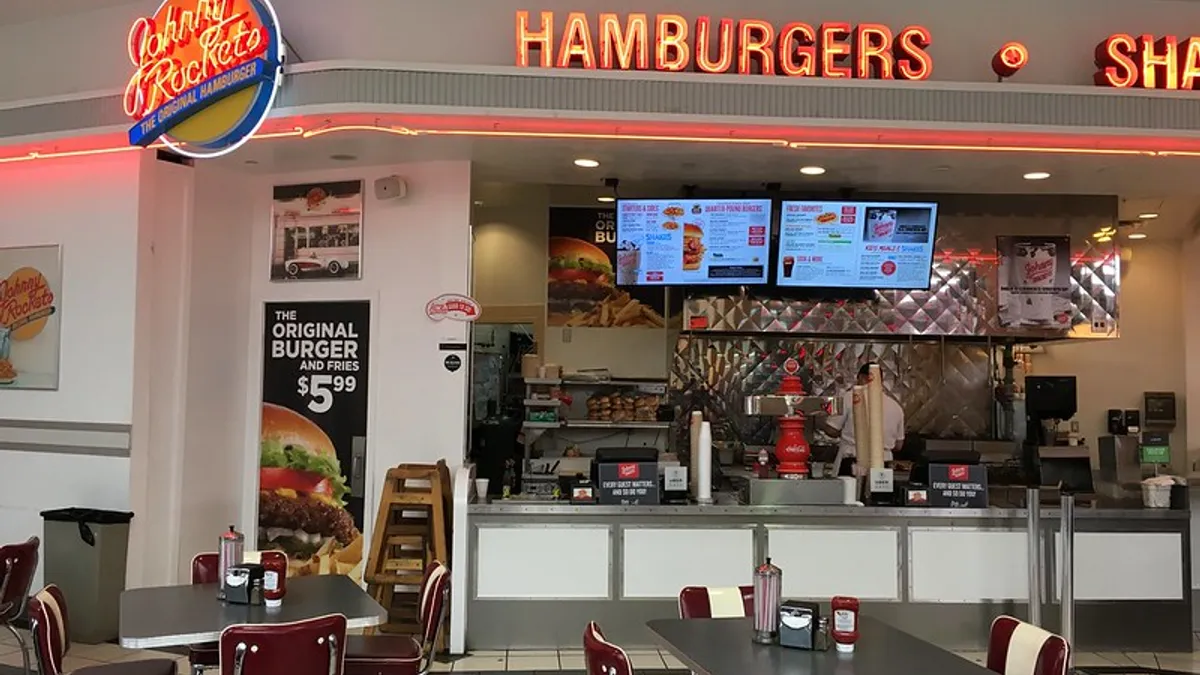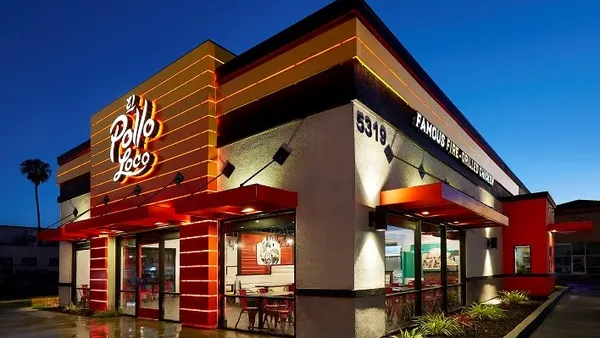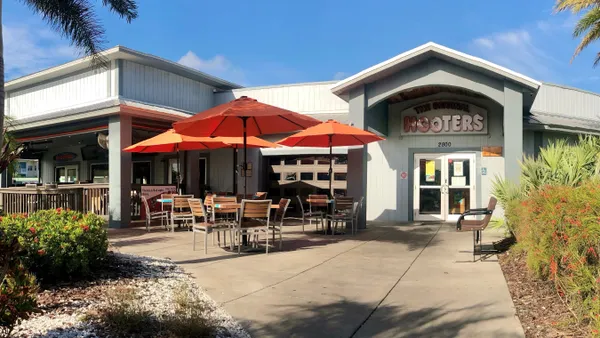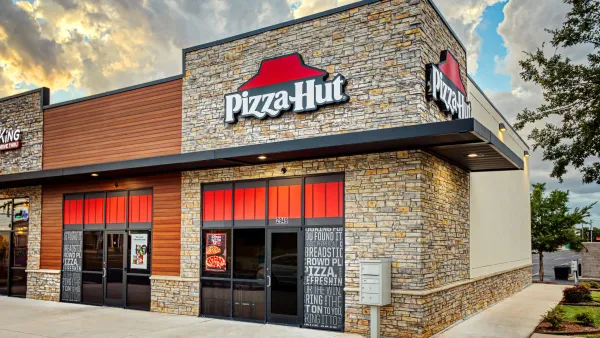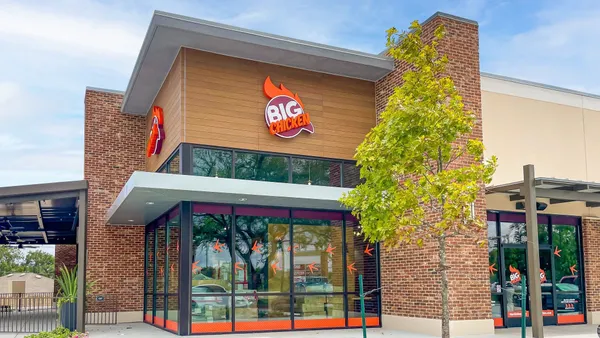Dive Brief:
- Fat Brands announced Thursday that it will acquire Johnny Rockets from affiliate private equity firm Sun Capital Partners for about $25 million.
- The deal is expected to close in September, and will be funded by cash on hand and proceeds from Fat Brands' securitization facility.
- Once Johnny Rockets is added to its portfolio, Fat Brands will have more than 700 franchised and company-owned restaurants globally, and its annual systemwide sales would exceed $700 million.
Dive Insight:
Fat Brands has been on an expansion tear since it went pubic in 2017, most recently acquiring Elevation Burger for $10 million in January 2019 and announcing last summer that it would grow its footprint by operating ghost kitchens out of existing restaurants to give franchisees access to new revenue. In January of this year, Fat Brands CEO Andy Wiederhorn said in an interview that it was aiming to close an acquisition in Q1 and several deals by the end of 2020, so its Johnny Rockets buy falls in line with that strategy.
What makes the deal notable, however, is that Fat Brands chose to gobble up a casual dining chain despite the full-service segment's significant decline under the novel coronavirus pandemic conditions. Wiederhorn seems unfazed by the category's performance, however, and told The Wall Street Journal that Fat Brands' sales have already improved in some markets thanks to delivery and outdoor dining, and that acquisitions of regional restaurants can bolster the company's market reach and help the chain land good deals for supplies and marketing.
“There is an opportunity now to take casual dining chains and get a consolidation of similar concepts,” Wiederhorn told WSJ.
But Fat Brands has felt the impact of COVID-19. The chain reported Q2 revenue of $3.1 million compared to $5.9 million last year and a net loss of $4.25 million compared to a net loss of $508,000 in the year-ago period. Comp sales also fell 23% for the period, but the restaurant company continued to grow, opening 15 new stores. Fat Brands aims to open an additional 18 locations by the close of 2020.
The company's portfolio, which will span nine brands with the addition of Johnny Rockets, already includes a few casual chains, such as Ponderosa & Bonanza Steakhouses, Hurricane Grill & Wings and Buffalo's World Famous Wings. But Johnny Rockets' strong brand recognition as a novelty dining experience could help diversify its offerings.
Wiederhorn told The Wall Street Journal that it approached Johnny Rockets when Sun Capital Partners began a sales process for the brand in January, and that negotiations stalled during the start of the pandemic before picking up again in the summer. Sun Capital Partners also recently offloaded fast casual chain Boston Market, selling the brand to Engage Brands in April. While Boston Market was a struggling business that has shrunk nearly 60% since its heyday in the 1990s, when it boasted over 1,000 locations, Johnny Rockets' performance has been steadier.
The burger chain's U.S. sales fell 3.7% in 2019, and its unit count shrunk 3.8% to 175 locations at the end of last year. In January, the company said it aimed to center growth around casinos, theme parks, cruise ships and airports. These nontraditional restaurant venues raked in strong sales prior to the pandemic — average unit volume at casino locations was $2.4 million, and one location exceeded $5.7 million — but as social distancing measures and dining room closures hold steady in many states, these locations could now be more liabilities than assets.



